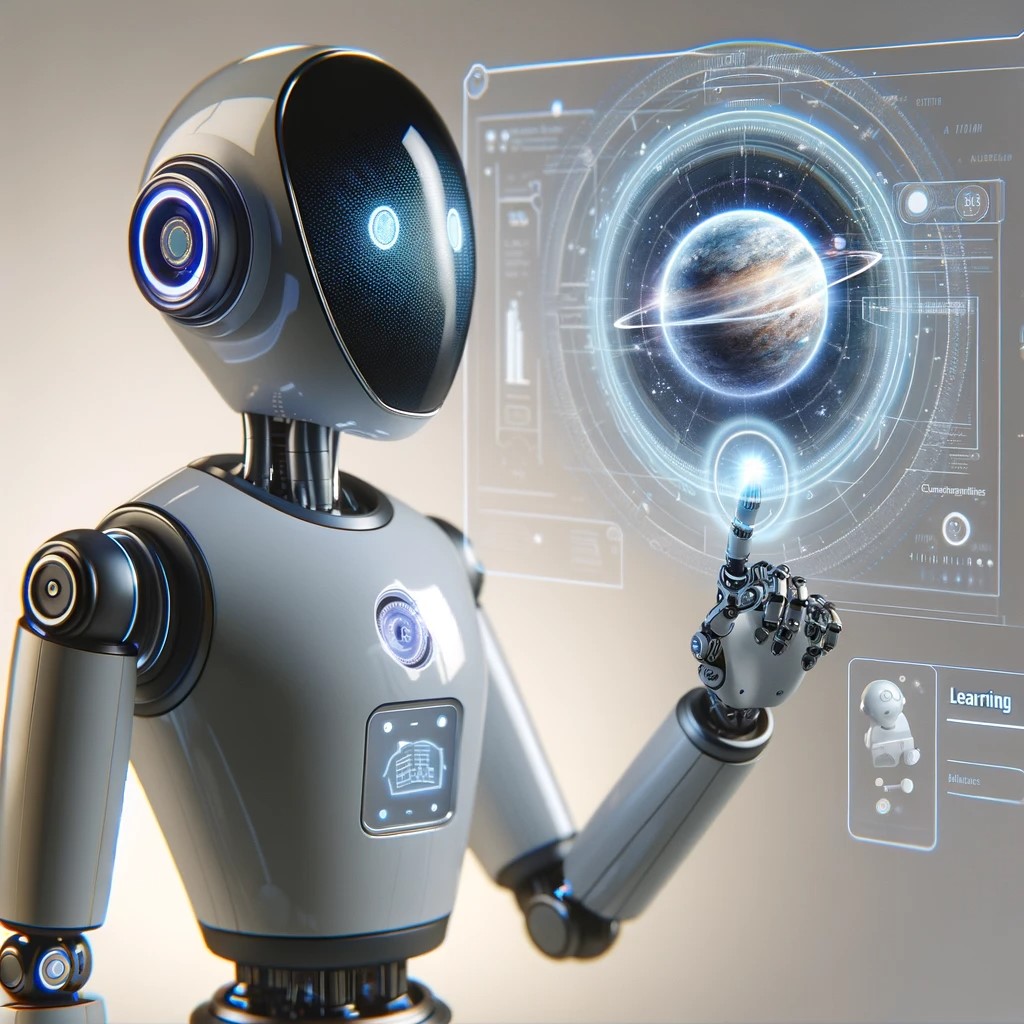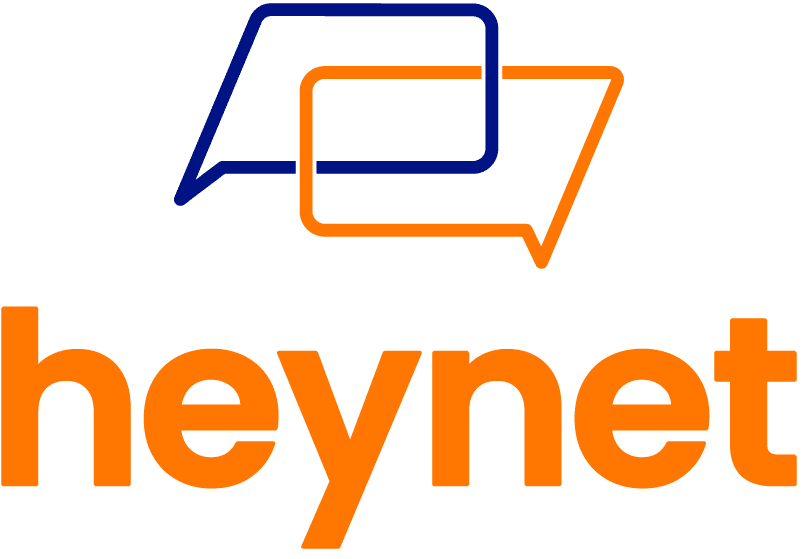Artificial Intelligence (AI) has rapidly become a transformative force in various industries, and education is no exception. AI has the potential to revolutionize the way we teach and learn, making education more accessible, engaging, and effective. In this blog post, we will explore how AI can help with schooling and the numerous benefits it brings to both students and educators.
- Personalized Learning
One of the most significant advantages of AI in education is its ability to offer personalized learning experiences. Traditional classrooms often struggle to accommodate the diverse needs and learning styles of individual students. AI, however, can adapt to each student’s pace and preferences.
AI-driven adaptive learning systems analyze students’ performance and tailor lessons to their strengths and weaknesses. This approach ensures that students receive the right level of challenge and support, maximizing their learning potential.
- Intelligent Tutoring
AI-powered intelligent tutoring systems act as virtual educators, providing real-time assistance and guidance to students. These systems can answer questions, explain concepts, and offer feedback on assignments. They are available 24/7, allowing students to access help whenever they need it, fostering a more independent learning experience.
- Data-Driven Insights
AI can process vast amounts of data to generate valuable insights into students’ progress and areas of improvement. Educators can use this data to identify at-risk students early, customize their teaching strategies, and provide targeted interventions. This data-driven approach empowers educators to make informed decisions and optimize their teaching methods.
- Automation of Administrative Tasks
AI can streamline administrative tasks for educators, freeing up more of their time for actual teaching. Tasks such as grading assignments, managing schedules, and even administrative communication can be automated, reducing the burden on teachers and allowing them to focus on instruction.
- Enhancing Accessibility
AI-driven tools can make education more accessible to students with disabilities. Speech recognition and text-to-speech technologies assist students with reading and writing difficulties, while adaptive interfaces cater to various learning needs. AI can help level the playing field and create inclusive learning environments.
- Smart Content Creation
AI can generate customized educational content, including quizzes, assignments, and learning materials. This can help educators save time on content creation and ensure that materials are aligned with specific learning objectives. Additionally, AI can curate and recommend relevant resources for students, making the learning process more efficient.
- Predictive Analytics
By analyzing historical data and student performance patterns, AI can predict future academic outcomes. Educators and institutions can use these predictions to implement early interventions and support systems to improve student success rates.
- Lifelong Learning and Upskilling
AI-powered platforms offer opportunities for lifelong learning and upskilling. Whether it’s learning a new language, acquiring new job skills, or pursuing a hobby, AI can provide personalized learning pathways for individuals of all ages and backgrounds.
AI is poised to revolutionize education by making learning more personalized, accessible, and efficient. While it is not a replacement for human educators, AI serves as a valuable tool to support teachers and students alike. By harnessing the power of AI in education, we can create a future where learning is tailored to individual needs, fostering a love for learning and equipping students with the skills they need to succeed in an ever-changing world. The integration of AI into our educational systems represents a promising path towards a brighter, more inclusive future for learners of all ages.








